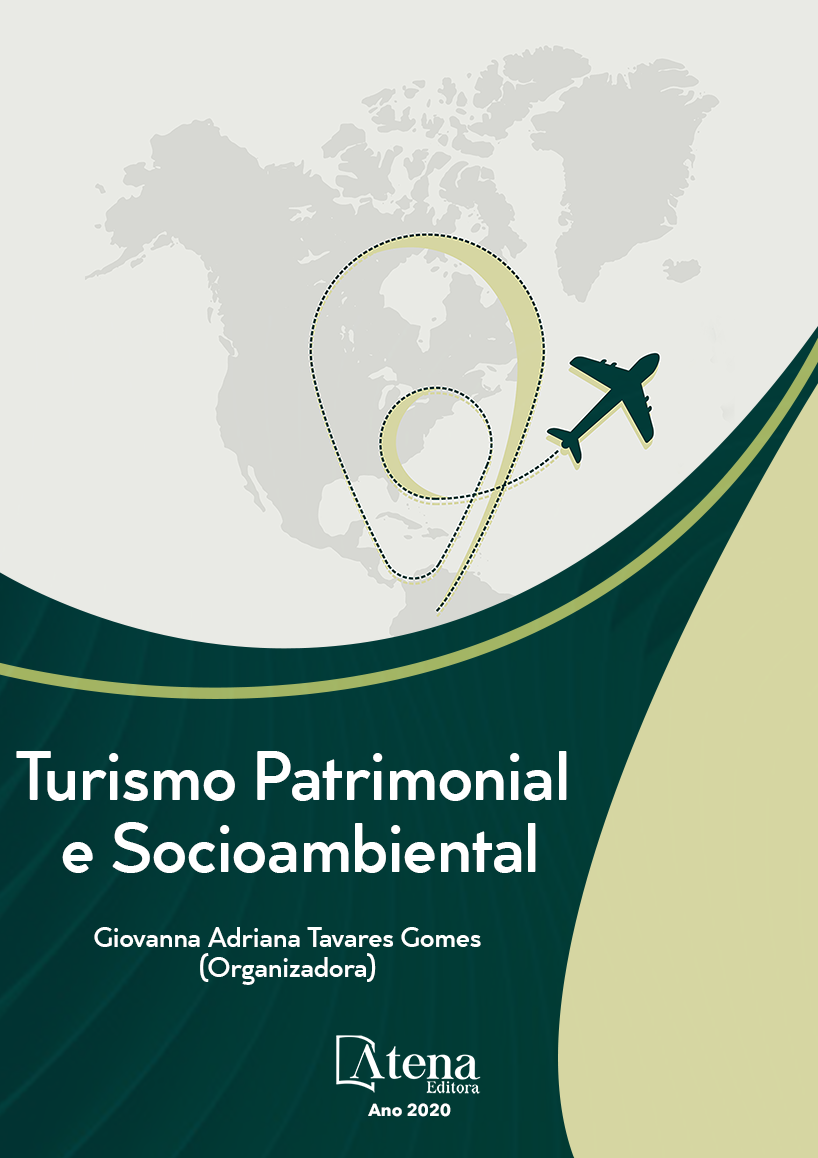
QUESTÕES EPISTEMOLÓGICAS: PARA UMA COMPREENSÃO DO TURISTA HÍBRIDO.
O objeto de estudos é uma necessária demarcação epistemológica para o desenvolvimento de uma teoria social do turismo sob um enfoque sócio-histórico. Contextualizar o perfil de um turista contemporâneo é o nosso problema do conhecimento. Conceituamos turismo como um fenômeno social que se realiza com a viagem de turistas a lugares, expressão da era capitalista moderna que envolve a oferta de serviços econômicos de hospitalidade, cuja racionalidade impacta dimensões espaciais, ambientais, socioculturais, morais e políticas de países e comunidades hospedeiras. No plano teórico apontamos o recorrente e confuso uso inadequado dos temos turismo e Turismologia, para afirmamos que está em curso uma transição de paradigmas em que turismo deixa de ser definido e passa a ser conceituado como objeto de estudos construído de uma área de conhecimento científico. Em seguida fazemos a distinção dos termos deslocamento, viagem, turista e turismo, precisando e oferecendo significados como conceitos, assim como a distinção e associação dos conceitos de viajantes e peregrinos como os de hospitalidade e acolhimento. Para tal fim fizemos uso de uma variante idealista, materialista e histórica do método dialético, uma pesquisa teórica histórica-sociológica para contribuir com a Turismologia. Sociedade e turismo interagem e transformam-se dialeticamente. O século XXI, complexo contexto de superposição de modernidade e pós-modernidade engendra, no capitalismo tardio da revolução científica, tecnológica, organizacional e informacional, o turista híbrido, aquele que manipula sua identidade, quer como turista convencional no turismo de massa fordista, quer como um novo viajante com maior grau de autonomia e capital cultural no turismo flexível toyotista. Elevar o termo turista híbrido ao estatuto de conceito científico precisando-lhe um significado original, numa perspectiva histórica-sociológica, é o principal resultado de nossa investigação. Concluímos que a diversificação do principal personagem torna o fenômeno social turismo ainda mais complexo do ponto de vista sociológico, humanista e civilizatório.
QUESTÕES EPISTEMOLÓGICAS: PARA UMA COMPREENSÃO DO TURISTA HÍBRIDO.
-
DOI: 10.22533/at.ed.2022016014
-
Palavras-chave: Epistemologia; Sociologia; Turismologia; Turista Híbrido.
-
Keywords: Epistemology; Sociology; Turismology; Hybrid Tourist.
-
Abstract:
The aim of studies is a necessary epistemological demarcation for the development of a social theory of tourism from a socio-historical perspective. Contextualizing the profile of a contemporary tourist is our knowledge problem. We conceptualize tourism as social phenomenon that takes place when tourists travel to places, an expression of the modern capitalist age that involves the provision economic hospitality services, whose rationality impacts the spatial, environmental, socio-cultural, moral and political dimensions of host countries and communities. At the theoretical level we point to the recurring and confusing misue of tourism, to affirm that a paradigma transition is underway in which tourism is no longer defined and is conceptualized as an object of studies built from an area of scientific knowledge. Then we make the distinction of the terms travel, tourist and tourism, specifying and offering meanings as concepts, as well as the distinction and association of the concepts of travelers and pilgrims as those of hospitality and welcome. To this end we made use of an idealistic, materialistic and historical variant of the methodological, a historical-sociological theoretical research to contribute to Turismology in the study of its complex and multifaceted object of study. Society and tourism interact and change dialectically. The 21st century, a complex context of superimposition of modernity and postmodernity, engenders, in the late capitalism of the scientific technological, organizational and informational revolution, hybrid tourism, the one that manipulates its identity, wheter as a conventional tourist in Fordist mass tourism, or as a new traveler with greater autonomy and capital in Fordist mass tourism, and as a new traveler with greater autonomy and cultural capital in flexible Toyotist tourism. Raising the term hybrid tourist to the status of scientific concept and giving it an original meaning, from a historical-sociological perspective, is the main result of our investigation.
-
Número de páginas: 21
- Hélio Fernando Lôbo Nogueira da Gama


